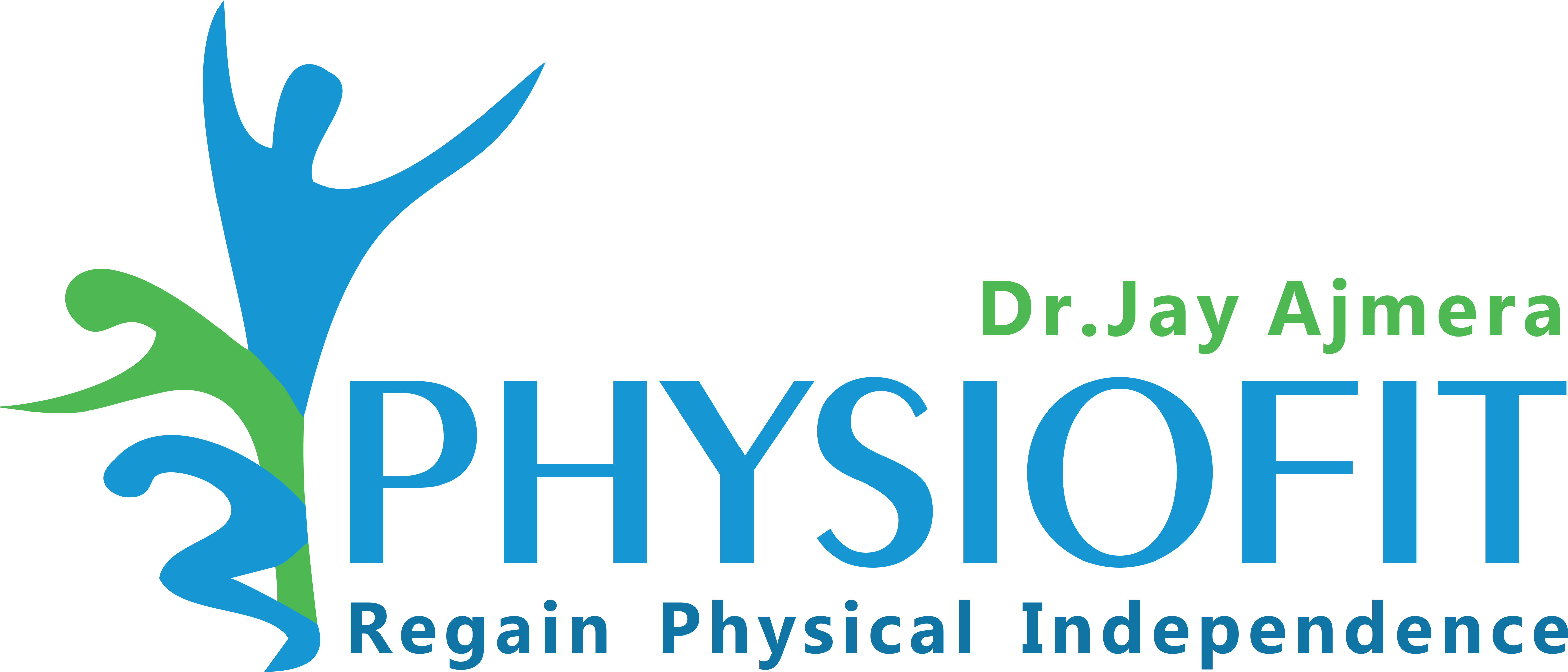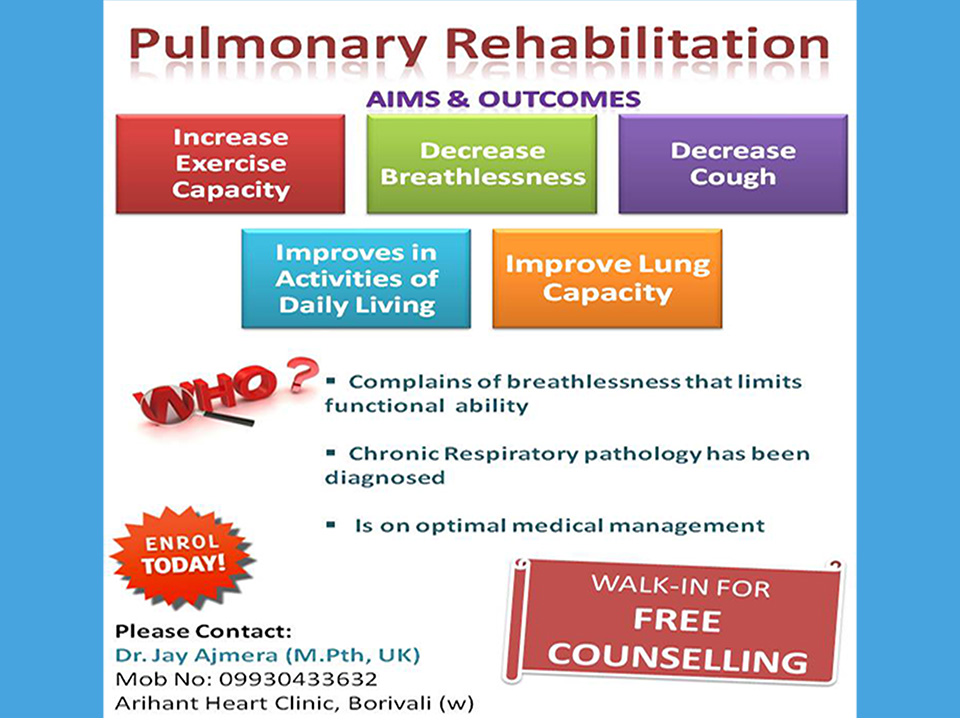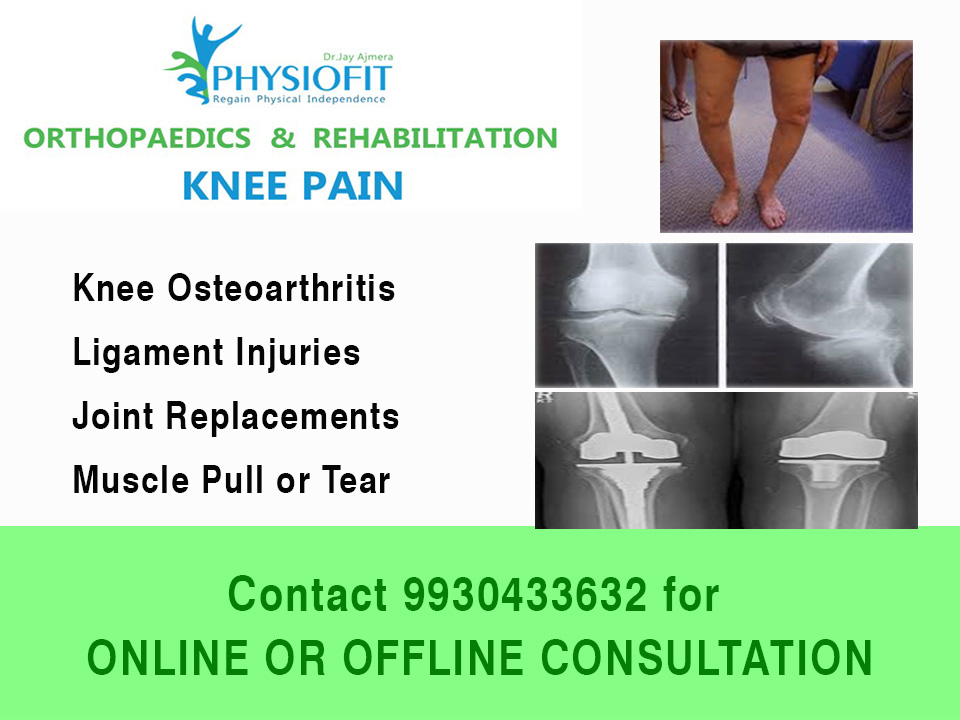
Obesity Management
Obesity is a strong predictor of adult morbidity and mortality. Any loss of weight is beneficial in reducing many of the complications of obesity. Physical activity is important for maintaining long-term weight loss and managing co-morbidities
Physiotherapists are therefore ideally suited to address the physical and psychological complexities of obesity. They provide valuable input and expertise in the multi-disciplinary management of obesity, helping to optimise clinical outcomes and patient experience.
Physiotherapists have a role to play in the prevention and management of obesity. Obesity leads to restrictions in movement, affecting engagement in physical activity.
Exercise and movement is the keystone of the scope of physiotherapy practice. Along with a holistic, patient centred, and problem solving approach, physiotherapists have advanced knowledge and skills.
A treatment plan for an obese patient may comprise of:
- Provision of personalised lifestyle advice, taking into account individual attitudes, beliefs, circumstances, cultural and social preferences, and readiness to change
- Prescription, supervision, and progression of appropriate physical activity to increase muscle strength, flexibility, and endurance, and sustain energy output to enhance and maintain weight loss under safe and controlled conditions
- Management of associated conditions such as arthritis, back pain, and other musculoskeletal and chronic conditions, such as heart disease
- Co-ordination of comprehensive and sustainable programmes of management in collaboration with service users, other health and social care professionals, and community services.
- Anatomical, physiological, and psychosocial mechanisms of health and disease
- Assessment and diagnosis
- Behaviour change
- Biomechanics
- Exercise prescription and therapeutic exercise
- Management of long-term conditions.
While the importance of being physically active is well recognised, in reality patients often experience difficulties in doing so. It is important to facilitate patients to increase physical activity at the right level, which can be achieved by referral to a physiotherapist. An assessment and treatment plan from a physiotherapist will help overcome the barriers to exercise.
Obesity in children and Young age:
Obese children, like adults, often present with a number of musculoskeletal signs and symptoms that may limit their time spent in physical activity.
Being obese is detrimental to gross motor skill performance, for example in upper and lower limb coordination, balance, running speed and agility, and strength. These differences become more pronounced as children get older, suggesting the need for early focus on motor skill development to encourage overweight and obese children to be physically active.
Physiotherapy-led exercise classes and multi-disciplinary team interventions including physiotherapy input are effective in significantly improving motor skills, activity levels, BMI, and other anthropometry in children.
Program & Services





















